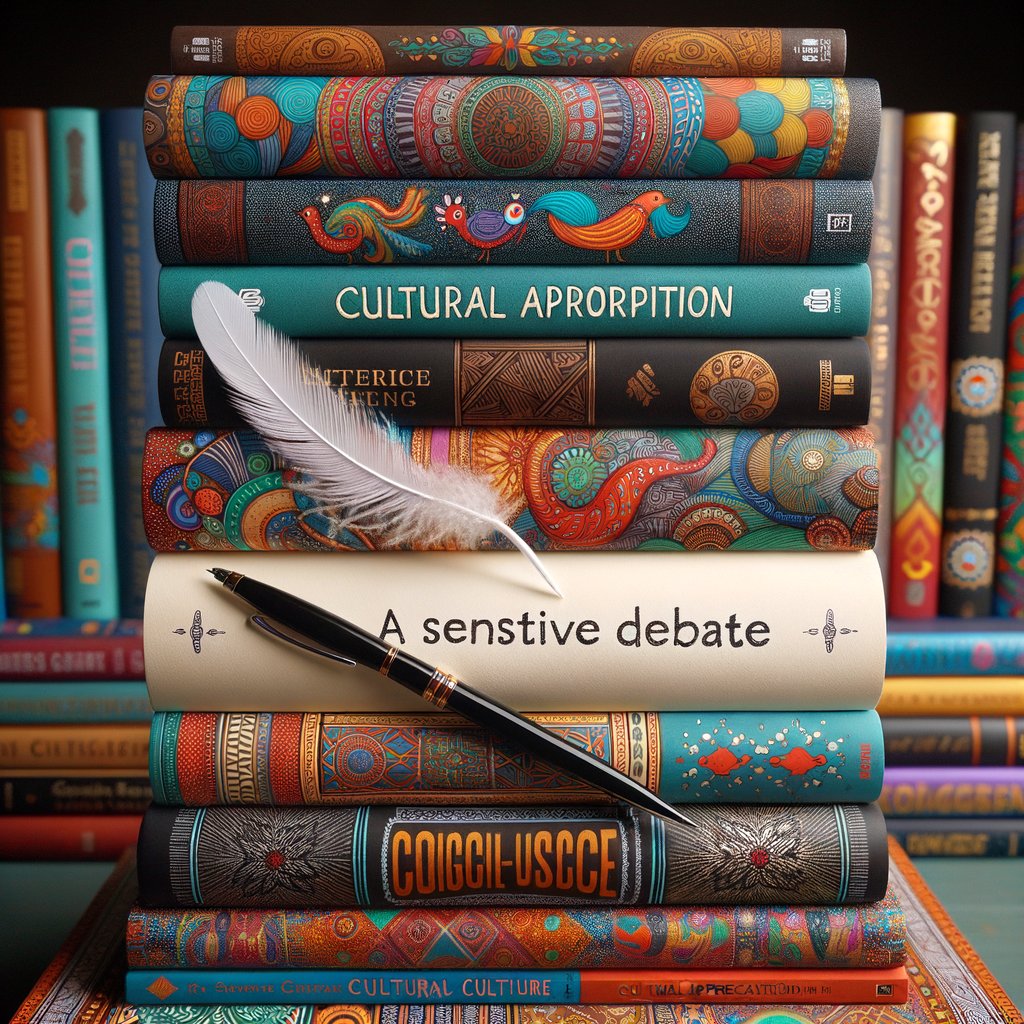Physical Address
304 North Cardinal St.
Dorchester Center, MA 02124
Physical Address
304 North Cardinal St.
Dorchester Center, MA 02124

Once upon a time, in the world of fiction, characters were as diverse as the rainbow. They hailed from different corners of the globe and wore their cultural identities like badges of honour. But then, something changed. The debate around cultural appropriation started to simmer, and suddenly, writers were tiptoeing on eggshells.
Cultural appropriation is no laughing matter; it’s a delicate issue that demands our attention. It refers to when one culture adopts elements from another culture without permission or adequate understanding. This concept has found its way into various aspects of life, including fashion, music and yes—fiction.
Now you might be wondering why it’s such a big deal? Well my dear reader, let me tell you a story about Alice—a character invented by an author who had never been to Wonderland herself.
Alice was an Aboriginal girl from Australia who loved playing the didgeridoo and dancing under the moonlight. However, her creator was not Aboriginal nor Australian and had never experienced these traditions firsthand. Instead of representing Alice authentically, she became an exaggerated stereotype—an oversimplified version of a rich and complex culture.
This is where cultural appropriation in fiction becomes problematic. It leads to misrepresentation and perpetuates harmful stereotypes which can contribute to systemic racism.
But let’s not forget that fiction thrives on diversity—it’s the spice that gives stories their flavour! So how do authors navigate this sensitive landscape without stepping on toes? Here are some food for thoughts:
If you’re writing about a culture that isn’t your own, research is your best friend! Read books written by authors from that culture, watch documentaries, attend cultural events if possible–immerse yourself in their world. Remember, the goal is not to mimic or imitate but to understand and respect.
Just because you’ve seen a Bollywood movie doesn’t mean all Indians break into song at the drop of a hat. Stereotypes are oversimplified images or ideas about a particular type of person or thing. They lack depth and authenticity, making your characters feel flat and one-dimensional.
A sensitivity reader is someone who reviews a manuscript for issues of representation and cultural accuracy. They can provide invaluable insights that can help you avoid missteps and present your characters authentically.
No one likes criticism—it’s like eating vegemite for the first time! But it’s an essential part of growth as a writer. If someone from the culture you’re writing about points out inaccuracies or offensive elements, listen, learn, and make necessary changes.
Cultural appropriation in fiction is indeed a sensitive debate, but it’s also an opportunity for writers to broaden their horizons and enrich their storytelling skills. It allows us to step into another person’s shoes, see the world through their eyes, and share their stories with empathy and respect.
So next time you sit down to write about Alice from Wonderland or any other character from a different culture, remember—it’s not just about borrowing elements from another culture; it’s about understanding them, respecting them, and representing them authentically.
In this diverse world of ours where cultures intertwine like strands of DNA—let’s strive to tell stories that celebrate our differences rather than exploit them. After all, as authors we have the power to shape perspectives—one story at a time.